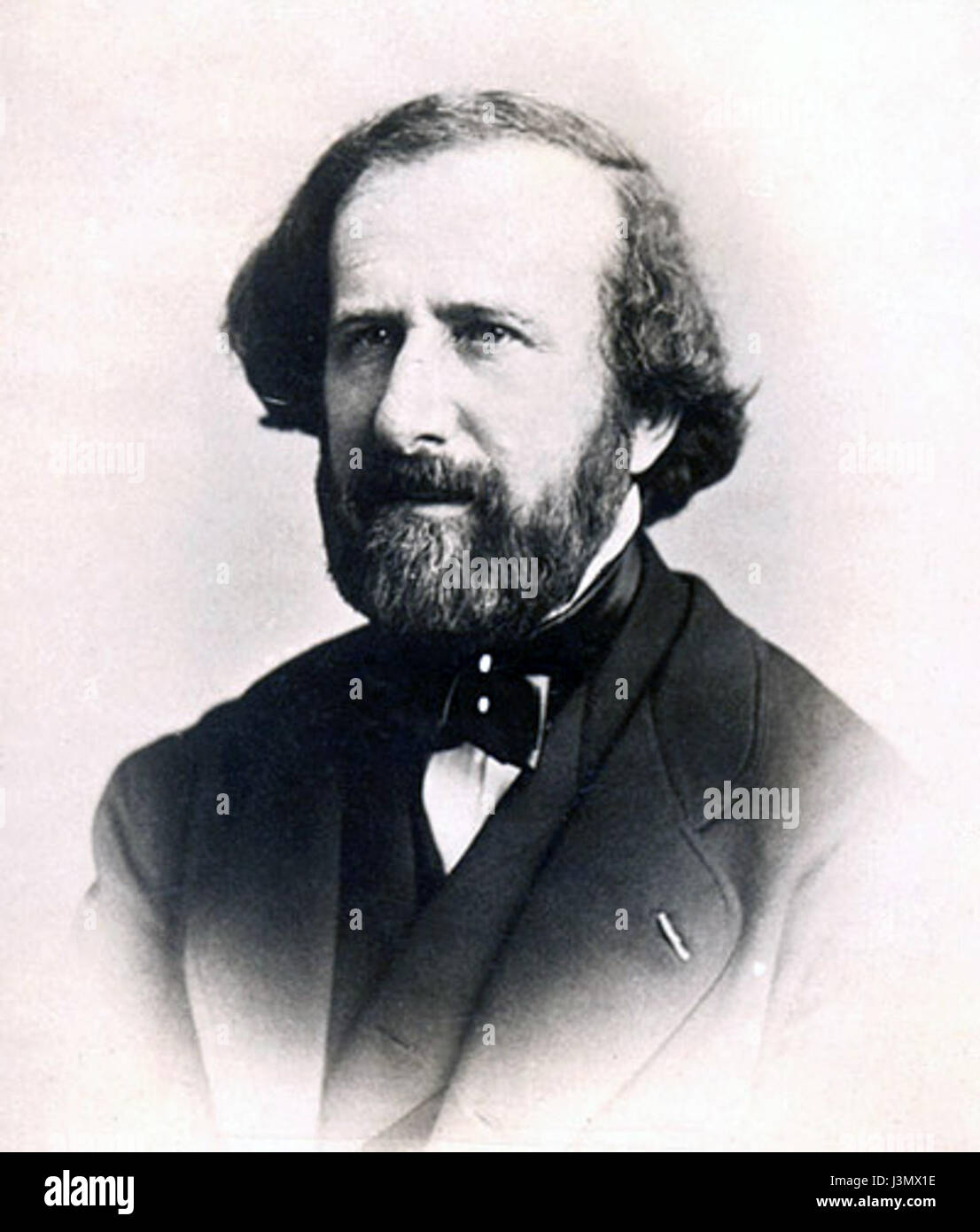In Physiquaa, you'll find everything related to physics, whether an intro, parts, syllabus for physics, resources, even simulations for the most known concepts of physics. So, what prevents you from starting in physics?

In Physiquaa, you'll find everything related to physics, whether an intro, parts, syllabus for physics, resources, even simulations for the most known concepts of physics. So, what prevents you from starting in physics?

Physics is the fundamental science that studies matter, energy, and their interactions, aiming to understand the universe's workings at all scales, from subatomic particles to the cosmos. It's concerned with the basic building blocks of matter, how they move, and the forces that govern their behavior.

Isaac Newton (1642–1727) was an English theoretical physicist and mathematician. A European man who formulated the laws of motion and universal gravitation, developed calculus, and made seminal contributions to optics. He served as Lucasian Professor at Cambridge University and later as Master of the Royal Mint.

Albert Einstein (1879–1955) was a German-born theoretical physicist who is widely regarded as one of the greatest physicists of all time. He developed the theory of relativity and made significant contributions to quantum theory, fundamentally changing our understanding of space, time, and gravity.

Armand Hippolyte Louis Fizeau (1819–1896) was a French experimental physicist specializing in optics. A celebrated human for his first reliable measurement of light's speed, Fizeau's interferometer experiment, and early aether studies.

Marie Curie (1867–1934) a Polish-French experimental physicist, and chemist. She discovered polonium and radium, pioneered radioactivity research, and won Nobel Prizes in Physics (1903) and Chemistry (1911), becoming the first female laureate in the history.